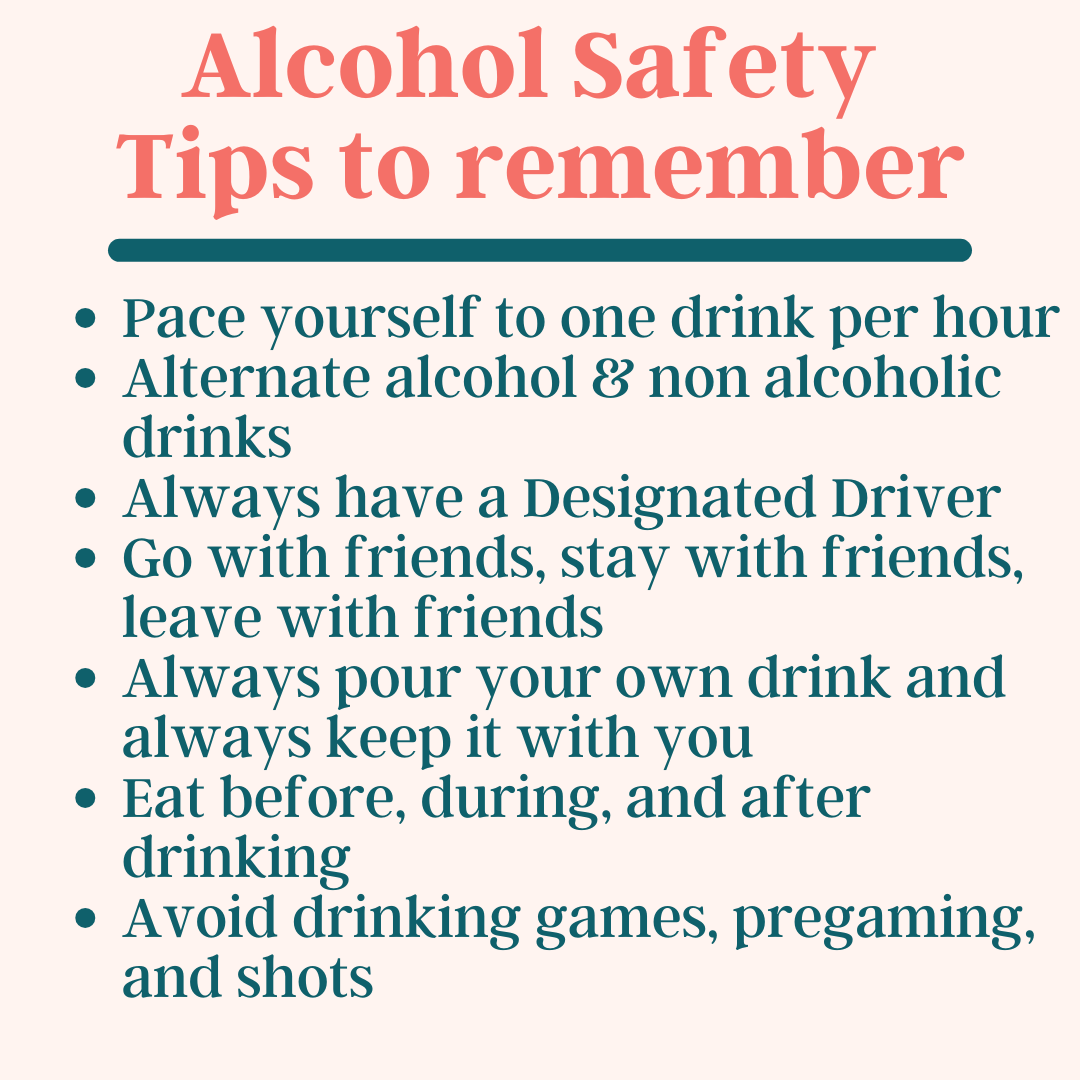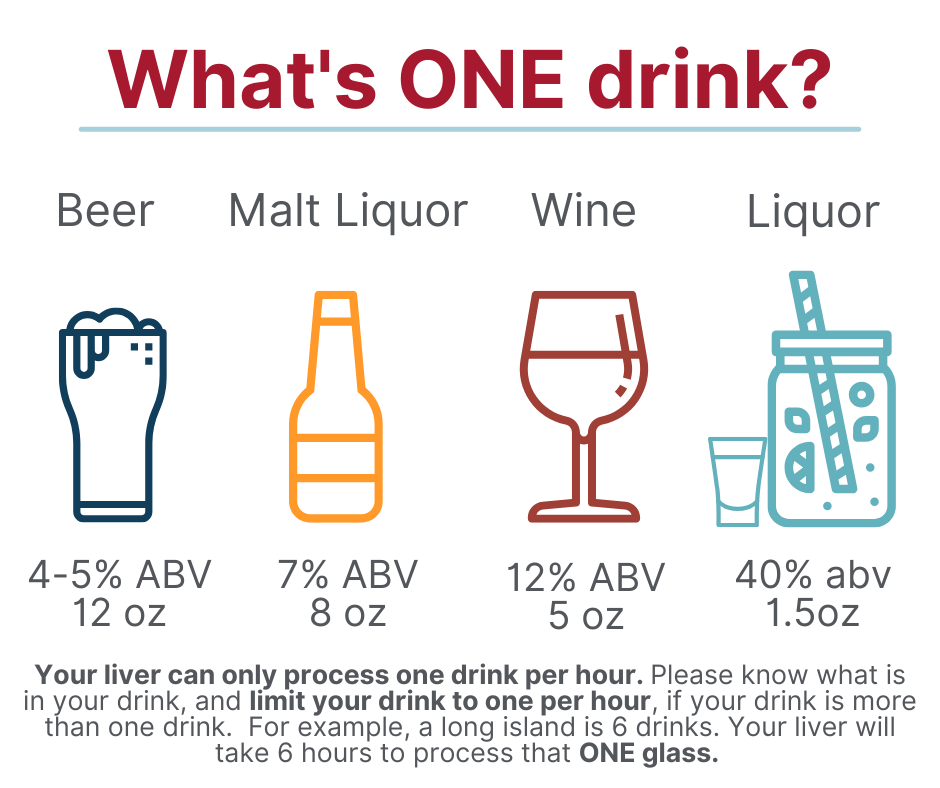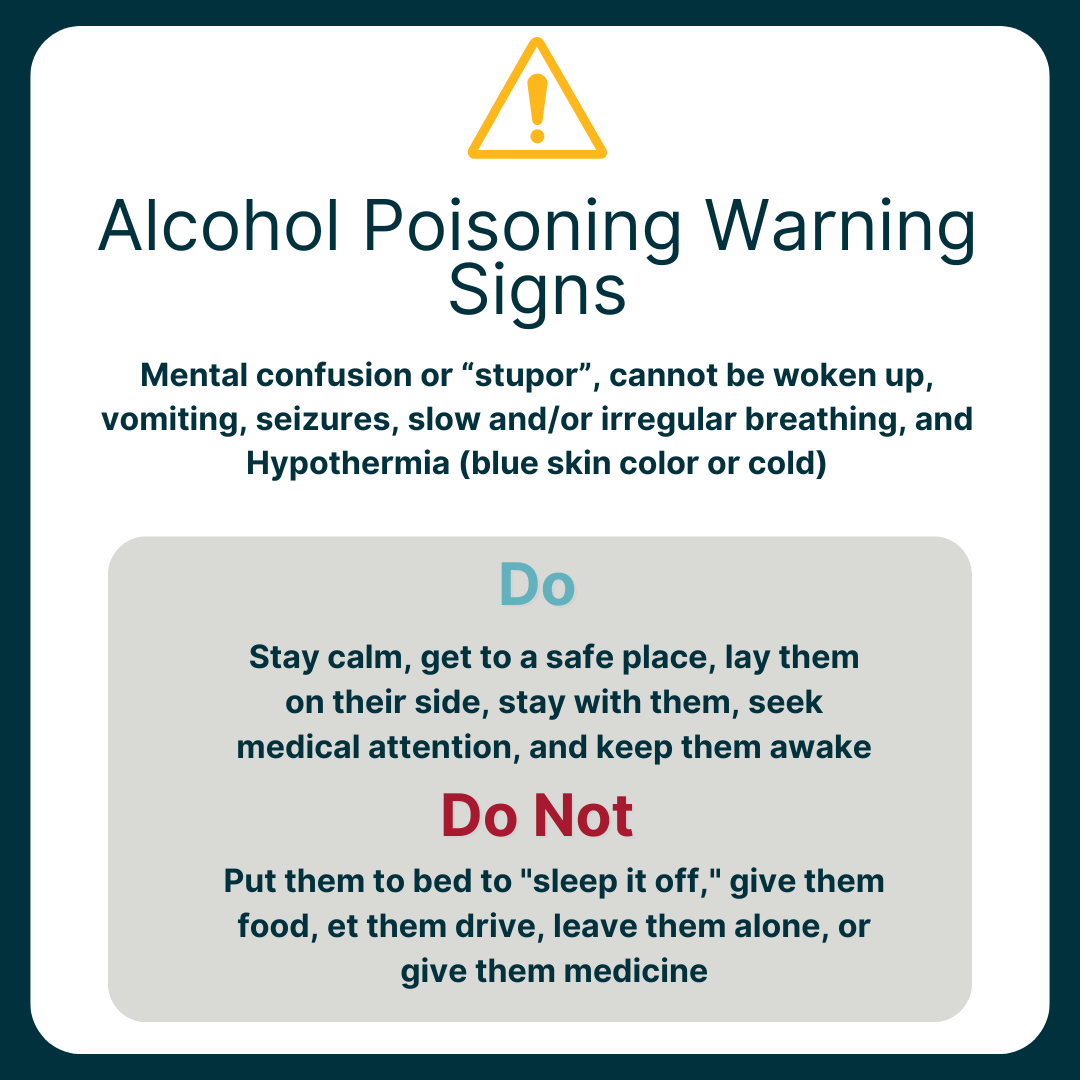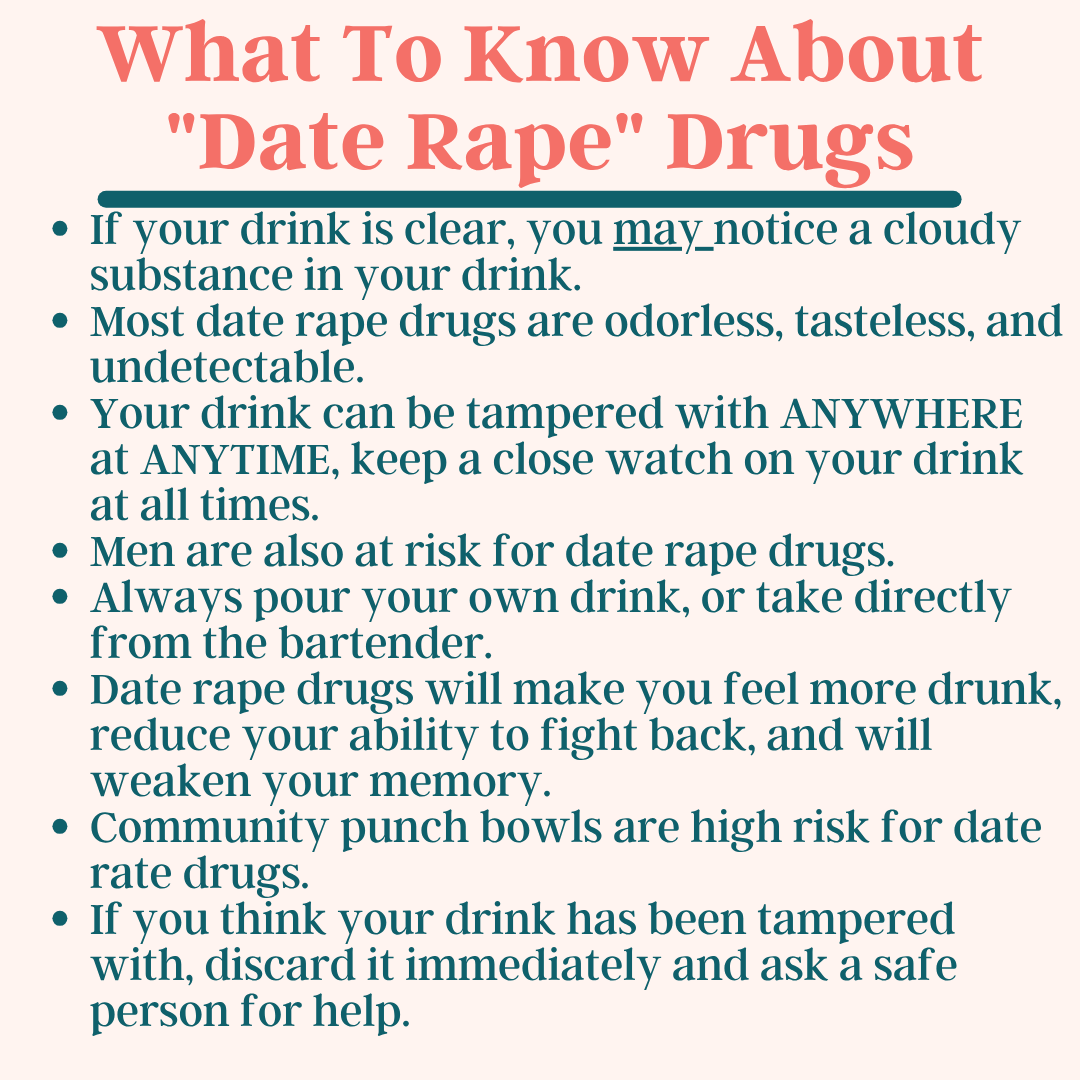Ok, so now that you know the laws and campus policies, lets talk about what you can do in your planning to set yourself up for safety and success! Let’s start with environmental planning, the what and the where!
If you are going to host the party at your home let’s review ways to make your home safe and reduce the risk of potential dangers!
Housemates, if you have them, make sure everyone knows, and is on board with having the party! Communication and compromise are key in successful roommate relationships! The last thing you want to do is host a party without a housemate’s consent and cause conflict within your home! If one of your housemates doesn’t agree and you would like to have the party anyway, talk with them about ways to compromise. Would they mind staying with a friend/family for the night? If not, perhaps rescheduling, cancelling, or finding a different location would be a better idea.
Talk to your neighbors. If you live in an apartment, or a home that is in close proximity to another, you should make sure to give your neighbors a heads up about your party. They are less likely to report your party if they are aware of it, if appropriate you can even invite them! The last thing you want to do is host a party that wakes up a sleeping newborn baby, or someone who works long hours, you’ll be sure to have the police on your doorstep!
Noise. Make sure to know the noise ordinances in your town, even if you talk to your neighbors if your party gets too loud, or is loud too late the police may show up regardless! Make sure your guests respect the noise level and if they won’t respect this, be prepared to ask them to leave. And always take note of the music volume!
Parking. If you live in a residential area, and many of your guests will be driving or parking cars at your home, make sure you address parking issues. Another way to get the cops called on your party is by blocking a neighbor’s car, driveway, or taking up all the parking in the neighborhood. Make sure you tell your guests where they can and cannot park, and make sure you check periodically to make sure no one breaks the rules.
Party space:
- Make sure to keep your party designated to certain parts of your home, the parts of your home where guests are always visible and none of your personal belongings are at risk of damage or theft. You’ll want to keep bedrooms as inaccessible, lock them so guests cannot enter. This will protect you not only from potential theft, but protect your guests from sexual assault as well.
- Clear the space. Make sure there are unobstructed walkways, that all sharp objects are removed, and any potentially trip hazards are repaired or at least clearly marked.
- If your home has a pool or body of water close by be sure to have it inaccessible and monitored.
- Make sure all entrances are monitored for unwanted guests or guests who are unsafe to be left alone.
Guest list. This is an important topic to cover and plan, and one that most people do not consider. Who will be at your party? Here are some things to consider:
- How many people are you inviting? Can your home accommodate it if they all come?
- Are you guests allowed to bring a friend?
- How will you monitor the guests who attend?
- What will you do if a guest arrives already intoxicated?
- What will you do if someone unwanted or uninvited arrives?
Things we suggest:
- Develop a physical guest list that you and your housemates all agree on.
- Request that all guests clear friends/significant others that they plan to bring past you before the party
- Have one of the hosts “work the door” and make sure everyone who attends was on the guest list.
- Have a plan on how to address any unwanted/uninvited guests



